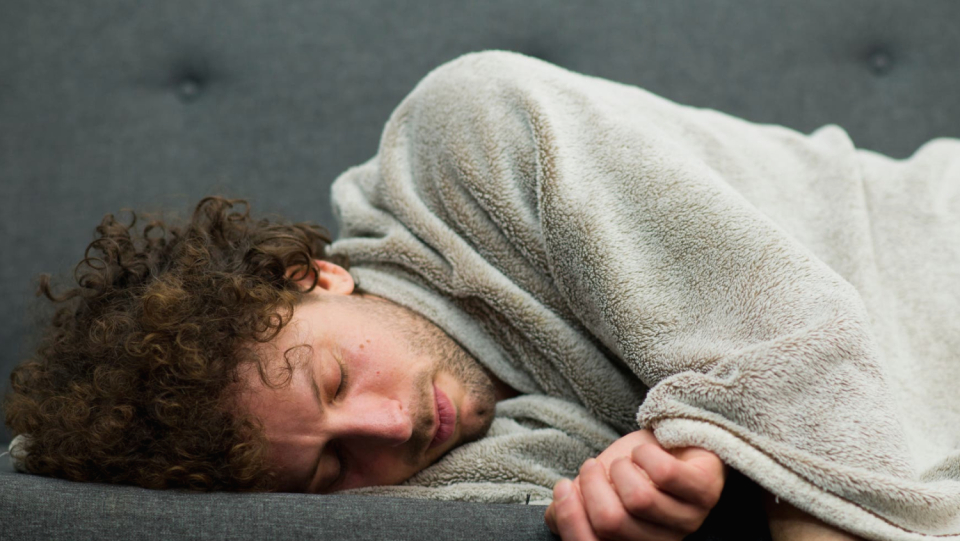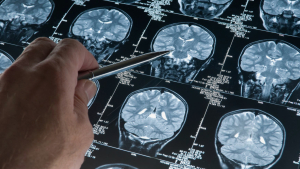Many people with depression and other mental illnesses sleep badly. Inpatient therapy in a psychosomatic clinic can alleviate sleep disorders, reports a German research team in the "Journal of Sleep Research". The group evaluated information from more than 11,000 patients who could be treated in the Schön Klinik Roseneck on the Chiemsee by 2020. Before staying and the discharge, they answered questions about their night's sleep, for example how often they took sleeping pills, were awake long, had nightmares or woke up at night.
The three researchers, including clinic director Ulrich Voderholzer, wanted to find out how the quality of sleep had changed at the end of the treatment and to what extent this depended on the diagnosis. Among other things, they distinguished between depression, phobias and other anxiety disorders, eating and obsessive-compulsive disorders, personality disorders and trauma-related disorders (see graphic).
For all diagnoses, sleep was disturbed, as measured by the average sleep quality. It affected patients with post-traumatic stress disorder the most; severe sleep disorders and tormenting nightmares are particularly typical for them. For those affected, the complaints improved only slightly on average. The second most affected were people with recurrent depression. They, too, continued to suffer from sleep disorders after the hospital stay, but to a noticeably milder extent. The least impaired was the quality of sleep in obsessive-compulsive disorder and phobias. Unfortunately, what the study lacks is a waiting control group that would allow the observed effects to be compared with those of untreated patients.
The authors write that inpatient treatment improves the quality of sleep regardless of age, gender and duration of treatment. However, they limit their statements to psychosomatic clinics. Unlike psychiatric, these do not take up patients who are suicidal or psychotic or are instructed against their will. In the Schön Klinik Roseneck, only a minority of psychotropic drugs, the treatment has a cognitive-behavioral focus.
Separate sleep therapy measures for clinics are already being tested, the researchers continue to report. They highlight the "SLEEPexpert" program developed at the University of Bern, which relies on two methods: sleep deprivation and adjusting the rhythm of sleep to the individual chronotype. However, they consider additional interventions to be necessary for the sleep disorders that occur with post-traumatic stress disorder.



















